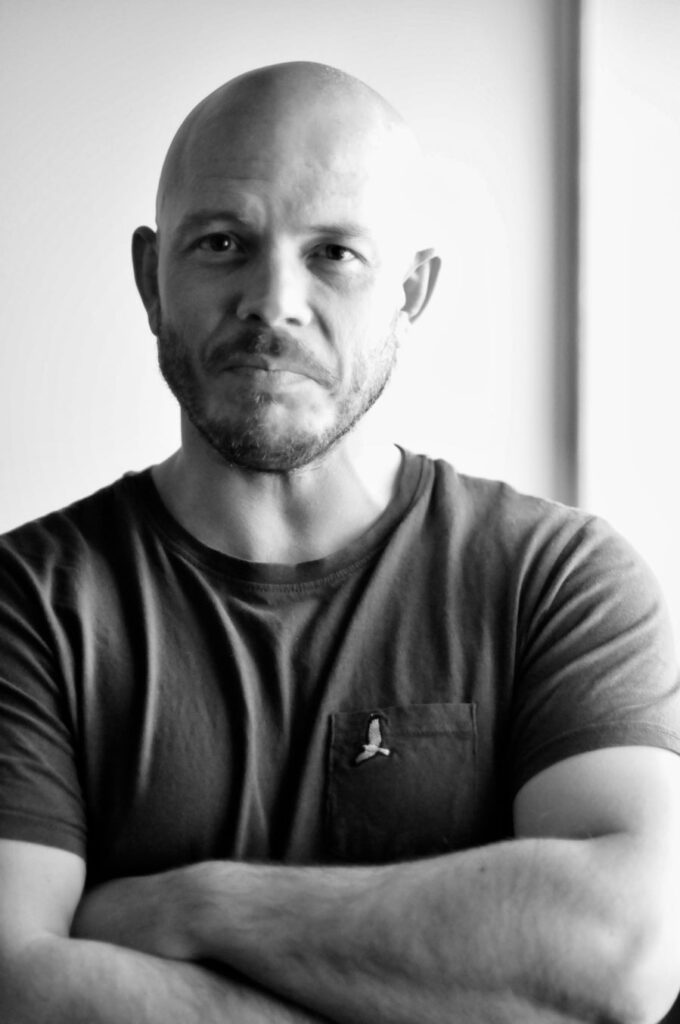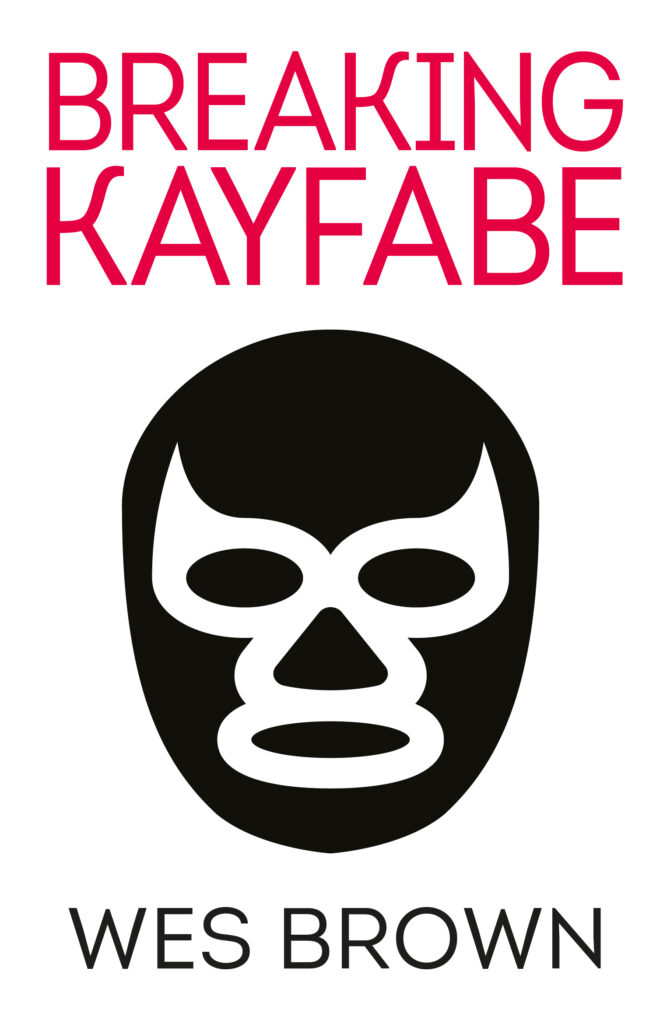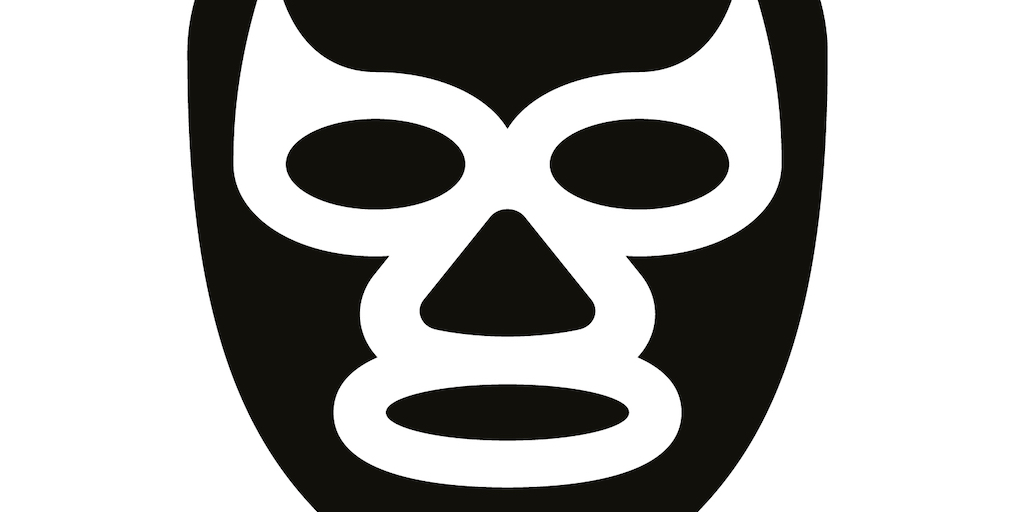It takes awareness, intelligence and creativity to compete professionally at sport. Its exponents have to process multiple sources of ever-changing information in real-time and react accordingly, trusting their body to back their decisions. It’s arguable sportspeople are not given enough credit for how good they have to be to compete at the highest level; they are judged on post-match interviews and PR-filtered press conferences, and only their counterparts and opponents truly know what it takes to survive and thrive in any given sporting arena.
Some sports are given more licence than others. No one is surprised when a cricketer speaks eloquently about landscape painting, nor when a loosehead prop quotes Greek, but these are sports most readily associated with expensive educations. The wider world expresses amazement when a Rugby League player has Grade 8 piano, or a footballer is studying GCSE Maths. There’s snobbery involved.
Professional wrestling might be the sport we expect least of. For many people, wrestling is Mick McManus fighting Kendo Nagasaki of a Saturday teatime, or a mulleted loud-mouth from Idaho smashing a tea-tray across an opponent’s head. We don’t imagine there are participants deconstructing the sport, examining its many layers of reality, and dreaming new ways to blend its combination of performance, athletics and theatre. There are people who don’t believe it hurts.
Wes Brown is a professional wrestler from Leeds, the son of wrestler Earl Black; he’s also a novelist and poet, and the Programme Director of the MA in Creative Writing at Birkbeck. Wes grew up grappling with his brother in his dad’s front room, and piling through book after book at Leeds Modern, the alma mater of Alan Bennett and Bob Peck. His novel, Breaking Kayfabe, published by Bluemoose, is a retelling of his career as a wrestler and his growth as a writer, as he developed his strong style of wrestling and his ‘no style’ of writing.
Were you always a writer?
I began to get creative in my teenage years. I was in a short-lived band that didn’t go anywhere. Film was my main thing. We made a short film that was the only non-funded short film to be included in the Leeds Young Persons Film Festival.
But the bother of getting a location, getting equipment, working with people: it was a logistical nightmare every time I wanted to create something new. It got too much. You could have a vision for a piece but it might require a CGI budget of $700 million, or something ridiculous, yet if you write ‘thunderstorm’ in a story, there it is, a thunderstorm. I realised I didn’t need all those other people.
So that’s how I started writing. I wrote poetry to begin with, and weird genre stuff. I saw an advert for an Arts Council-run writing programme called the Writing Squad, that was open to writers in the North. I got on as a wildcard entry. They’re still going today. It’s become a bit of an institution; all sorts of writers have come through it. There’s an analogy to football, to a youth academy, the idea that you can take people’s skills to another level if you create an intensive environment to support them. Otherwise, they’re left to their own devices.
From the age of 16, I had some poems published through the online version of Sheath magazine, which was connected to Sheffield Uni.
Was that run by Ian McMillan at the time?
It was, yeah. I also had poems published in Aesthetica, and one or two other places. When I was 18, I sold a short story as part of an anthology for Route publishing, who were a Pontefract-based fiction publisher who switched to publishing music books. I did an internship with them. I was quite young – eighteen, the same age as Wayne Rooney. I’d sold a story for 50 quid. I was the Wayne Rooney of the writing world, both breaking through. Nothing could stop me.
And then there was a period in the wilderness where I was experimenting, writing nonsense. When I was 24, I published a novel with a small press. And it was just bad: the novel wasn’t fully finished, I didn’t like the production, there were proofing issues. It just felt fake.
Round that point, there were other things going on in my life. I had a massive identity crisis for a few years, which lasted till I was offered the opportunity to train as a pro wrestler. The Writing Squad offered to pay my training fees, so long as I wrote something about it. And I thought ‘I’ve got nothing better to do. I’m pretty depressed. I’ll go be a wrestler’.
I got into wrestling training and literally became another person, Or at least, I pretended to be.

Were you still writing?
I went to Birkbeck at the back end of that. Doing my MA got me back on track with fact-based fiction, blending fact and fiction, as I felt that’s where I needed to be. The novelly novels and the fiction I had written felt cartoonish and fake. Birkbeck got me into a space where I felt my writing was a lot better. And that became the book, Breaking Kayfabe.
What was the benefit of the MA for you?
I spent a long time not being able to control my writing. Some good stuff would come out, and some bad stuff would come out, too. And people would be into the bad stuff or pretend to be. I thought people were Kayfabing me. I was thinking, ‘Do you really think this is good? Or are you just being nice?’ I had that doubt.
I was doing what a lot of new writers do, where they want to show that they can write. They don’t write normal sentences, because everything has to be about dazzle. And nobody is impressed. ‘That’s all very well, but tell us a story.’
And it wasn’t until I went through the workshop process on the MA that I realised what people really thought, and found I knew what I wanted to do.
Describe the connection between strong style wrestling and no style writing.
Sometimes I’ve wanted to write in a high literary style, and people have gone, ‘but that’s not you’. It suggests that if you’re southern middle class, you can write like that but, if you’re from the north, you can’t, and I thought, ‘Well, what if I want to have a literary style?’ But on the other hand, there is a kind of truth to it.
And through the MA, when dazzle didn’t work, I developed this new style that I call the ‘no style’ style. I wanted to write invisibly. I didn’t want my fiction to feel laborious. I wanted it to be a rush that I got into, that didn’t feel like writing. Weirdly, people reacted better to ‘no style’. I have a no nonsense, direct, colloquial way of speaking that I’ve grown up with, which I bring to my style of literature. It’s that flatness that makes the style different and literary in a way.
So I wanted to be strong style in the ring. And I wanted to be strong style on the page as well. In wrestling, there’s a phrase that no one’s going to believe it’s real but you want to make people forget that it’s fake. I wanted an MMA vernacular that would be plausible, that would be realistic and would look like it might hurt somebody, something you may use in a fight, to create that reality effect.
And so that’s what the ‘no style’ was. I wanted it to seem spontaneous, to deliberately not write well. And that was a risk because if you want to purposefully write with a little bit less gloss and a little bit less polish, it could come off like you just can’t write. But I wanted it to be a bit rugged, you know.
William Regal is a British wrestler who trained people in a WWE Performance Centre. For him, the aesthetics of good wrestling should be a little ugly. It shouldn’t look too choreographed. It shouldn’t look too clean, because it should still look like a proper fight. That’s what I wanted in the book. I wanted it to be a bit ugly. I wanted it to be a bit sort of rough and rugged. It wouldn’t be too pristine.
There was a macho man match in WrestleMania 92, or something like that, where they choreographed every single movement in the match. That was largely unheard of at the time, but it went over really well. Over time, that has become the template. Everything’s highly choreographed.
The alternative is to do it spontaneously. You call it on the fly. You feel the crowd. You feel the story of a match and just run with it. And I wanted some of that spontaneity in the book because I love calling it on the fly. In the ring, it adds a sense of unrehearsedness. There’s the thrill of the real.
And with the book, I wanted that flow. I wanted it to flow out of me. And it wasn’t always possible because it’s a difficult state to get into, but I didn’t want to do it in too cogent a way. So for the most part, Breaking Kayfabe doesn’t have chapters, but it’s got collections of scenes that constitute chapters, and I wrote each in one go. I did everything in one sitting. And if it didn’t work, I did it again the next day. I just did it again until I got it. So almost all of it is written spontaneously. I tweaked it a little bit, and the editors added stuff, but by and large, that’s how it came out.
If you’re blending fact and fiction, does that affect the reader’s assumptions about you?
There’s a Nabokov quote: ‘You can always count on a murderer for fancy prose’. And you can always count on a pro wrestler to be an unreliable narrator. They’re slippery and you never know when a pro wrestler is working you or not. That’s one of the joys of the book for me, because people don’t know. I like to see how much have I worked you. This could be a work, it could pretty much all be fiction. It could be a shoot – this is a wrestling term where it’s legit – or it could be a worked shoot, where I make it look like it’s a shoot, but it’s actually a work. Or it could be just a shoot, that I’m pretending is a work. Or it could be elements of all those things.
And people will want to know how much of it is true or not. One reviewer said I was greedy because I was trying to have this pro-wrestling character protagonist, who is also literary, making literary allusions. And I’m like, I am Dr. Wes Brown, literary critic, novelist, programme director of a Birkbeck MA: it would be unusual if I weren’t to think of literature. What am I to do, self-censor, just because he wanted some sort of wrestler who doesn’t think about these things?
Pro wrestling likes to introduce real-life elements, or sometimes real life intrudes into it as well, when people start fighting for real or real feuds come to the fore.
I want that slippery slope of how much of this is real, and never really give a conclusive answer.

At the time I was writing that section, I realised it was about my dad. So, the current protagonist in the story feels like it should be my dad, but actually that’s me. And the bear is my dad. And I let go of the bear, foreshadowing what’s to come. But also at the time, that was a very fictionalised way of dealing with some of these same things.
The whole story is a search for approval – as a writer, from the narrator’s father, from his girlfriend. It’s that about validation and acceptance.
It’s to do with status, and family as a micro society. You’ve got your own status in there: I’m now really important to those people. I’ve got people who depend on me, who I need to take responsibility for. I’ve got people I need to, in the best possible manner, be a dad for. I need to be a husband. I need to be a more whole person. Status is huge.
And I think, coming from a lower social status, and having difficulties in your upbringing – it’s not directly coming from my parents, but from circumstances as well, that you weren’t really wanted. Nobody really thought anything of you. It was all polite and there’s nobody really actively discriminating against you, it’s just nobody thought you were special. You were nobody’s favourite.
And you wanted to be the man you want to be. You wanted to be the champion. And then growing up in the big shadow of somebody like my dad: when you’re the son of a wrestler, that’s all you are.
What are you currently working on?
I’m working on a true crime book about Shannon Matthews, who was kidnapped by her mother. This happened in Dewsbury, not far from where I grew up.
The book started out as faction, as a David Peace-style story, which had the same themes as Shannon Matthews’ story, but which was not specifically about her. But I could never make it work.
And then I tried to make it an oral history, like Norman Mailer’s Executioner’s Song, but I found nobody in the community would talk to me.
I ended up doing it as some sort of true crime thing. I was worried it would be artless, merely a document of what happened, but actually, what I’m finding is, in writing this way, even though it’s nonfiction, all my skills as a novelist are coming to the fore. I’m trying to let the story come through the characters as the events happen, so the tension builds and any reflection or knowledge is revealed naturally. I’m not necessarily going into the heads of the characters because obviously I don’t have access, but you can safely assume that say, this person finds out this given fact at this given point. And I’m gradually pulling the story out, like a string, and not just bombing everything with exposition and knowledge and opinion.
I moved to this format because I wanted it to be as real as possible. I wanted nothing to be fictionalised.
That’s why it’s taken me 13 years to write it.
Breaking Kayfabe is published by Bluemoose Books
CRAIG SMITH IS A POET AND NOVELIST FROM HUDDERSFIELD. HIS WRITING HAS APPEARED ON WRITERS REBEL, ATRIUM, IAMBAPOET AND THE MECHANICS’ INSTITUTE REVIEW, AS WELL BEING A WINNER OF THE POETRY ARCHIVE NOW! WORDVIEW 2022.
CRAIG HAS THREE BOOKS TO HIS NAME: POETRY COLLECTIONS, L.O.V.E. LOVE (SMITH/DOORSTOP) AND A QUICK WORD WITH A ROCK AND ROLL LATE STARTER, (RUE BELLA); AND A NOVEL, SUPER-8 (BOYD JOHNSON).
HE recently received an MA IN CREATIVE WRITING AT BIRKBECK, UNIVERSITY of london.
TWITTER: @CLATTERMONGER
